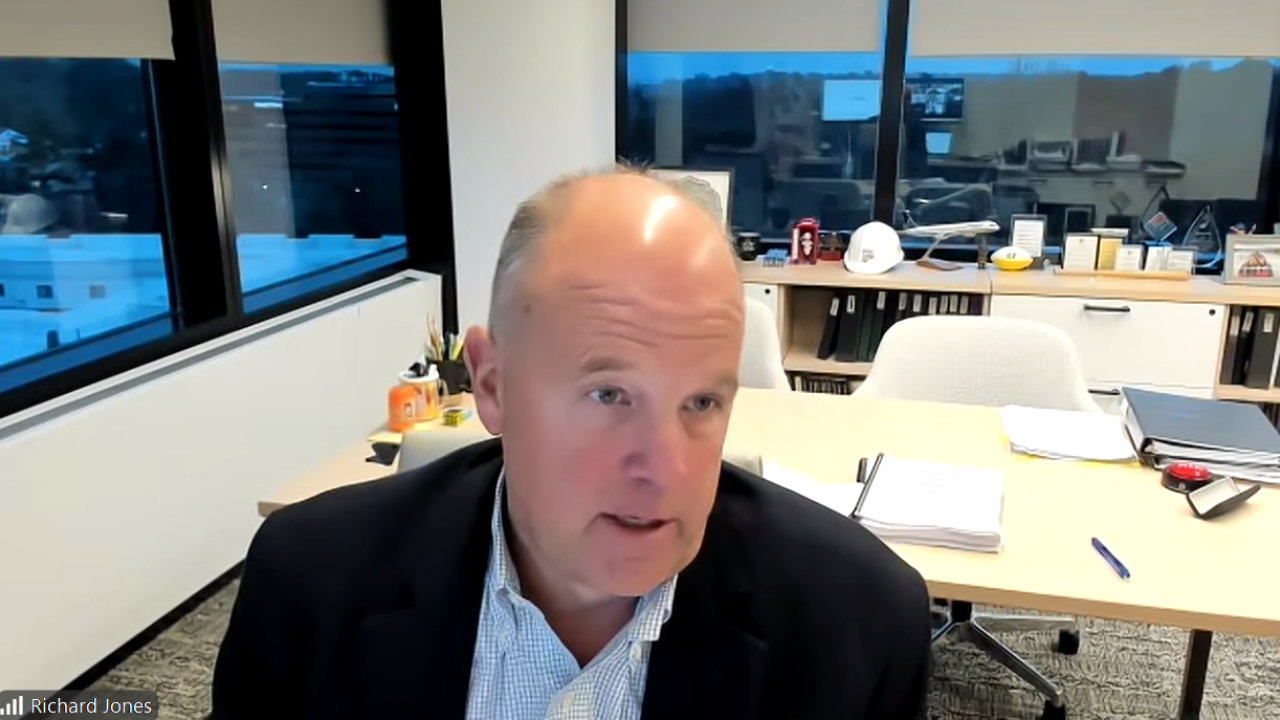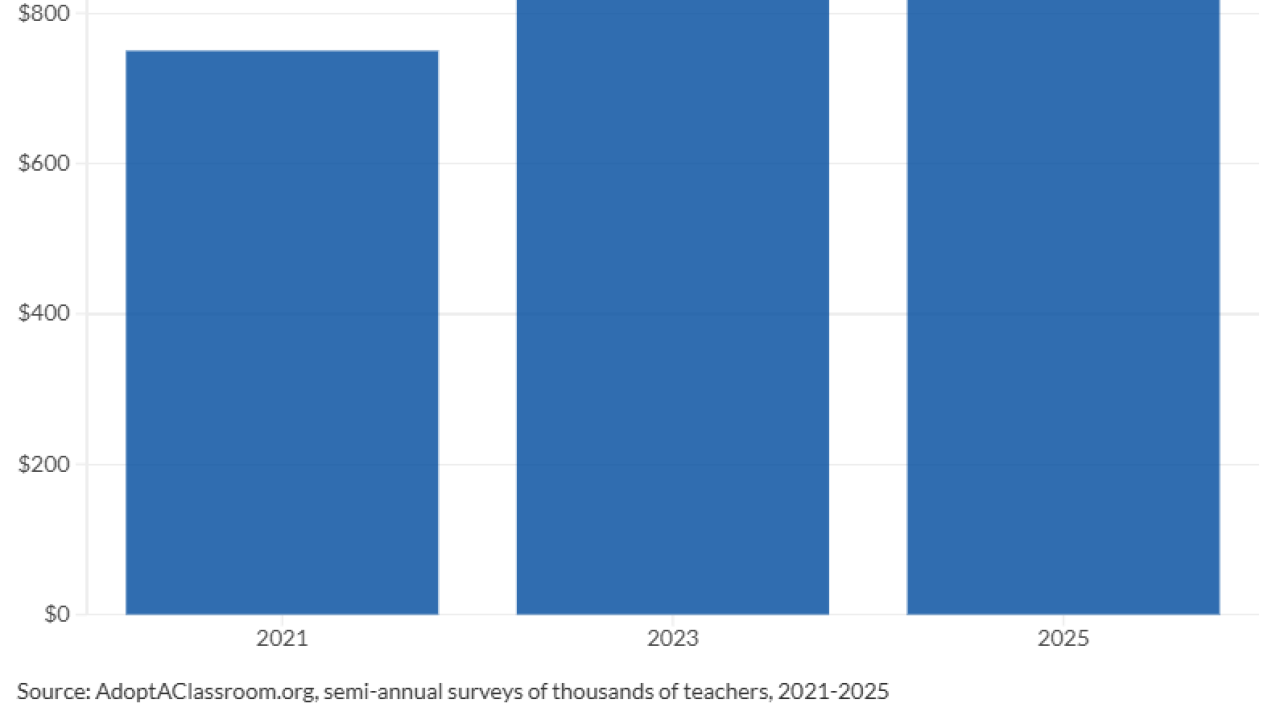It’s said auditors get off lightly when companies fail. Tell that to the PricewaterhouseCoopers partner who signed off on the accounts of failed British retailer BHS. He has just received a 325,000-pound ($434,000) fine and a record 15-year ban from audit work.
The Financial Reporting Council, Britain's accounting watchdog, is suddenly sinking its teeth in — just at the moment its own future is in jeopardy.
BHS, which collapsed shortly after tycoon Philip Green sold it in 2015, thrust the effectiveness of auditors into the spotlight. The failure of construction group Carillion Plc in January has meant it’s open season on the profession. The FRC is itself subject to a government review of its effectiveness. An expert panel last year told the watchdog to be much tougher in penalties.
More broadly, regulation in financial services is, rightly, placing greater emphasis on individual accountability.
Against that backdrop, the FRC on Wednesday completed its investigation into the audit of BHS and parent Taveta Group, finding “misconduct” and punishing both PwC and one of its partners.
The sanctions against the firm include a 6.5 million-pound fine and a three-year requirement to report annually to the FRC on the Leeds operation that conducted the audits.
Like WPP Plc’s investigation into allegations of personal misconduct by former CEO Martin Sorrell, this is another probe where we know the outcome, but not how we got there. Misconduct is FRC terminology for whatever falls significantly short of its standards. PwC says it failed to monitor the audit properly.
What is clear is that PwC should have been all over the audit of BHS, and wasn’t. The retailer was a large company controlled by a pugnacious and powerful entrepreneur. The numbers were being checked by a PwC regional office. The fact that BHS was closely held may have been a factor: the FRC is demanding that PwC review its policies in relation to private “high-risk or high-profile” companies.
Sloppiness, or wariness of the client, could have prevented the Leeds team being sufficiently robust in questioning the assumptions that go behind a lot of the numbers in the accounts.
PwC says the failings didn’t contribute to BHS’s collapse. The audit was for the 2014 financial year. It was signed off in early March 2015 just days before the company deal.
The FRC's actions appear to wreck the livelihood of the partner, who says (through a PwC spokesman) he is heartbroken by the way his career has ended. The financial punishment goes well beyond the fine itself. The lack of detail means we have no way of knowing if this is proportionate, even though the FRC says its mission is transparency.
These penalties stand out amid a dearth of onerous punishments for firms and individuals following the financial crisis. It’s hard to feel that’s fair, especially for the partner here. But a new regime has to start sometime, and the buck has to stop somewhere.






